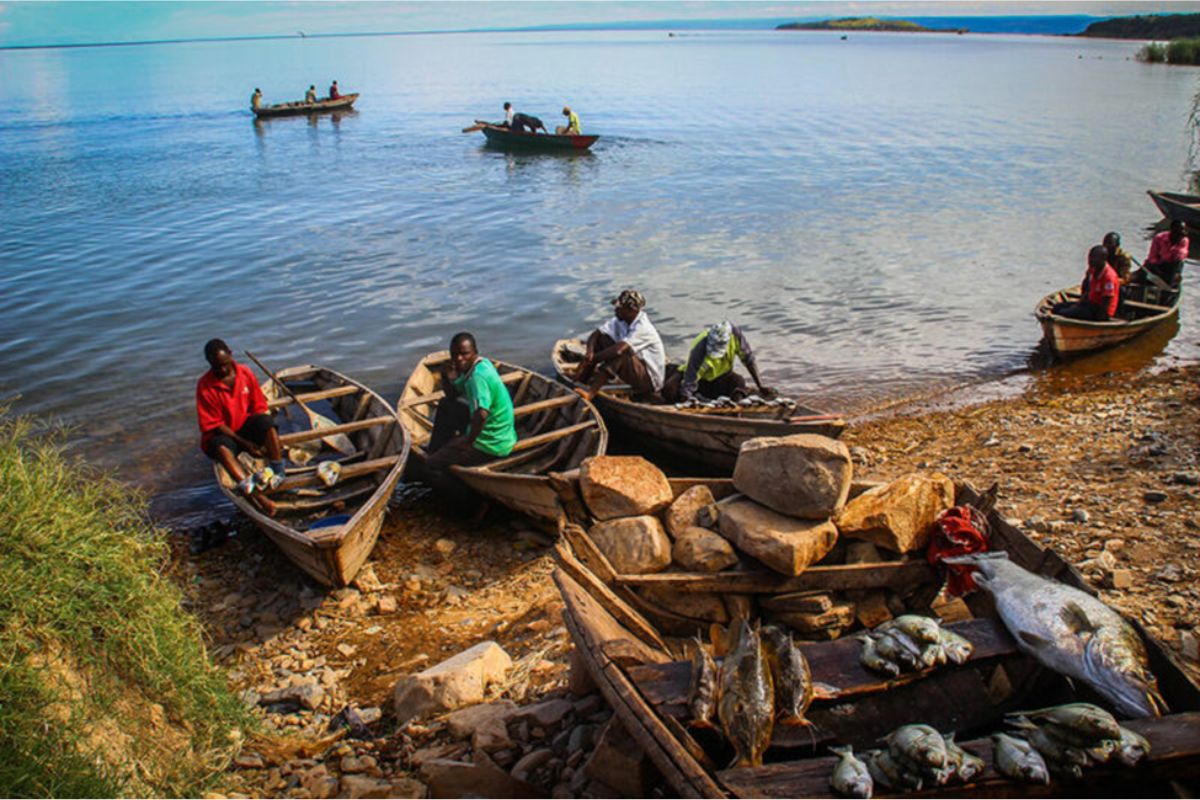Fishers around Lake Tanganyika, Africa’s second-largest freshwater lake, face a crisis as fish populations continue declining. Overfishing, environmental changes, and increased pollution are key factors contributing to the reduction in catches, which many local communities rely on for their livelihoods.
Fishermen say the once abundant fish stocks are significantly depleted in the fishing villages along the lake’s shores. “We used to catch large fish every day, but now it’s a struggle to fill our nets,” said Hassan Nshimirimana, a fisherman from Bujumbura. The decline has caused financial strain on families dependent on fishing to survive.
Scientists have linked the drop in fish populations to overfishing practices, leading to unsustainable fish species harvesting. Additionally, climate change has contributed to rising water temperatures, disrupting the fish ecosystem. The combined effects have caused fish to migrate to deeper waters, making them harder to catch. “The fish are no longer where they used to be,” explained Dr. Jean-Claude Ngendakumana, a researcher on freshwater ecosystems. “This is a result of both human activity and environmental shifts.”
As fish stocks continue shrinking, communities grapple with the financial and social impacts. In many villages, fishers are finding alternative sources of income, but these are not always sustainable. “We’re trying to farm, but it’s not enough to replace what we lost from fishing,” said Marie Kamikaze, a widow who turned to farming after her husband died in a fishing accident. The fish are the lifeblood of this community.”
The situation has prompted calls for stricter regulations on fishing practices to prevent further depletion. Local governments in Burundi, Tanzania, and the Democratic Republic of the Congo (DRC) are beginning to enforce fishing quotas and invest in sustainable practices. However, enforcement is complex, and illegal fishing is a widespread issue. “Until all parties come together, the lake’s future remains uncertain,” said Dr. Ngendakumana.
In response to the crisis, several international organizations supported the fishermen by providing resources for sustainable fishing methods and helping them adapt to changing conditions. However, these efforts face challenges, as many fishermen are reluctant to change traditional fishing methods passed down for generations. “It’s hard to convince people to try something new when they’ve been fishing the same way for decades,” said Ndella Nsimba, a local environmental activist.
As the fight for the future of Lake Tanganyika’s fishery continues, the fishers remain hopeful but uncertain. The lake, which has sustained generations of communities, now faces a critical crossroads. Without substantial change, the once thriving fishery could soon become a distant memory for the people who depend on it for survival.




